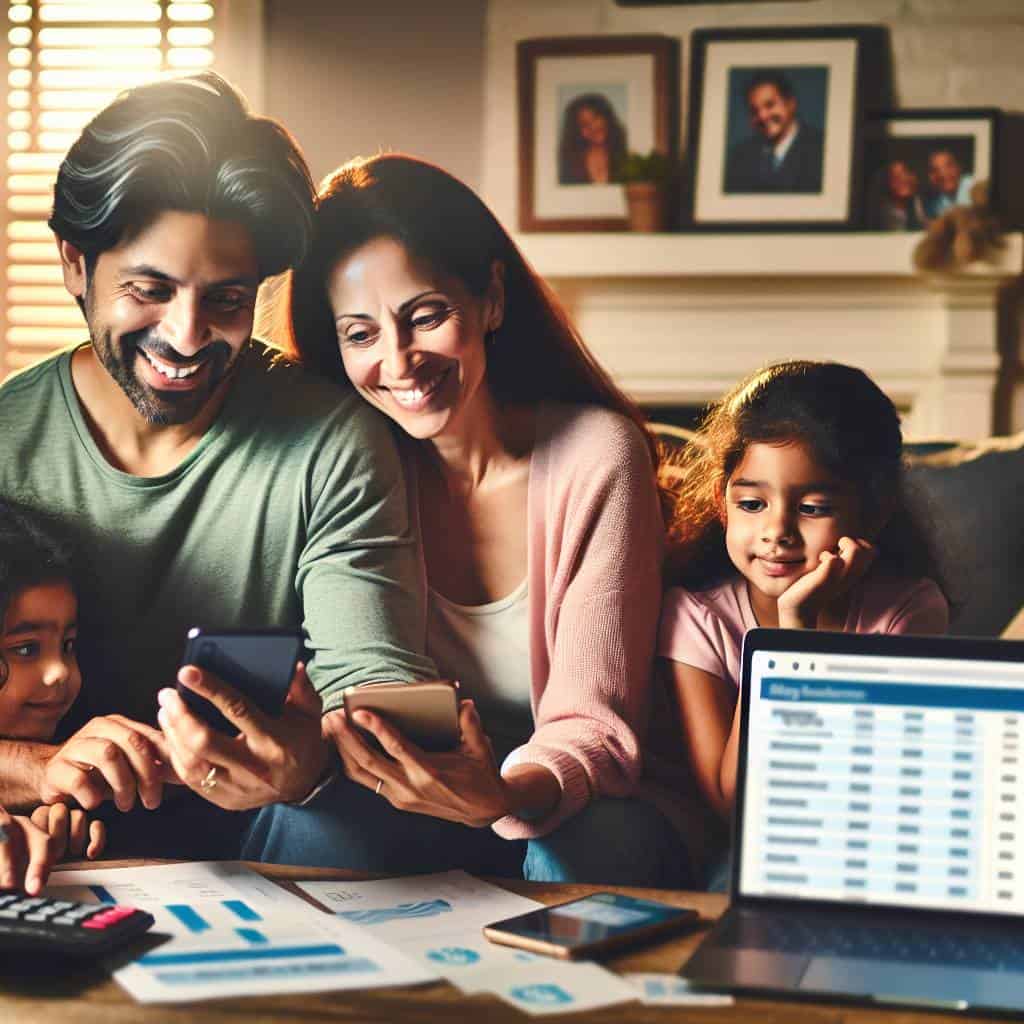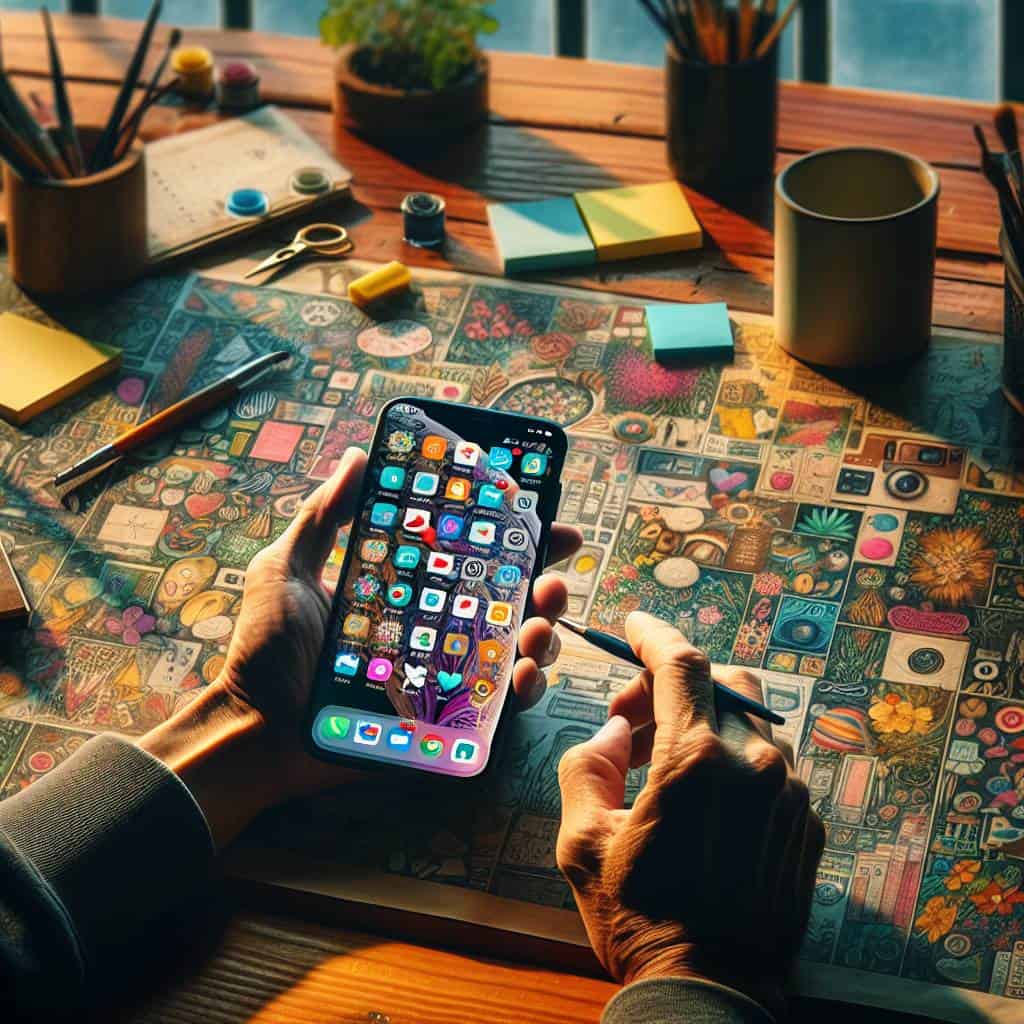I remember the first time I naively clicked through my social media privacy settings. I was like a kid in a candy store, eyes wide with the illusion of control. Each toggle switch felt like a secret handshake in an exclusive club, promising me safety and discretion. But then I realized, in a moment of sobering clarity, that these settings were as flimsy as a dollar-store umbrella in a hurricane. It was like thinking you could outsmart the magician by simply watching the other hand—spoiler: you can’t. So there I was, drowning in a sea of digital exposure, clutching at privacy like a mirage in the desert.

But fear not, dear reader, because we’re in this rabbit hole together. In this article, I’m stripping away the corporate smoke and mirrors to reveal the raw, unfiltered truth about social media privacy settings. Expect to traverse the realms of two-factor authentication, audience control, and the laughably porous walls of your online persona. We’ll dismantle the illusions, one pixel at a time, and maybe—just maybe—find a breath of authenticity in this tangled web. Grab a cup of coffee and settle in; it’s time to peel back the layers of this digital onion.
Table of Contents
How Two-Factor Authentication Became My Unwanted Best Friend
So, picture this: I’m cozied up in my favorite armchair, coffee in hand, about to dive headfirst into the digital void that is my social media feed. It’s a routine dance, a morning ritual. But just as I’m about to scroll, I’m hit with a digital roadblock: two-factor authentication. My unwanted best friend. This digital bouncer stands between me and my social media escapade, demanding proof I’m not some rogue hacker with a penchant for cat videos. A necessary evil, they call it—an extra layer of security. But in this era of oversharing and blurred boundaries, it feels more like a clingy friend who insists on holding your hand every time you step out the door.
Two-factor authentication (or 2FA, as the tech-savvy like to abbreviate it) is the ultimate gatekeeper in this hyper-connected world where privacy is as elusive as a unicorn. It’s not just about slapping on a password and hoping for the best. Oh no, it’s about building a fortress around your online persona, one security code at a time. It’s ironic, really. We crave control over our digital audience—who sees what, when, and how much. Yet, the very tools meant to protect us often feel like they’re stripping us of that control. 2FA demands my attention at the most inconvenient times, like an overzealous lifeguard blowing the whistle just when you’re about to cannonball into the pool.
But here’s the catch: as much as I grumble, I’ve come to realize that this digital chaperone is a necessary companion in the social media circus. Every time I begrudgingly enter that six-digit code or tap “approve” on my phone, I’m reminded of the balancing act we all perform. Privacy is a tightrope walk, swaying between exposure and protection. And while 2FA might be the clingy friend I never asked for, it’s the one I desperately need, whispering in my ear, “Remember, not everyone is your friend.” In this world of endless connections, maybe that’s the truth we all need to hear.
The Illusion of Control in a Digital Maze
Here’s the kicker: social media privacy settings are like those neon signs you see in Las Vegas—flashy, alluring, but ultimately an illusion. I’ve learned that they offer as much protection as an umbrella in a hurricane. Two-factor authentication might be my unwanted best friend, but at least it’s a friend that shows up when things get real. It’s a band-aid on a bullet wound, sure, but it gives me a semblance of control in this digital labyrinth. And let’s face it, every little bit helps when you’re navigating a world where your every click is currency.
But who am I kidding? We’re all just spectators in this never-ending circus of data. The audience, the performers, and the ringmasters rolled into one. The illusion of control is comforting, like believing that the lion in the cage isn’t eyeing you as its next meal. Yet here I am, clicking ‘accept all cookies’ like it’s a bedtime story. Maybe it’s time to wake up and embrace the chaos, take back what little control I can, and laugh at the absurdity of it all. Because in the end, isn’t that what life’s all about—finding those pockets of truth in a world that’s perpetually spinning its own web of half-truths?


